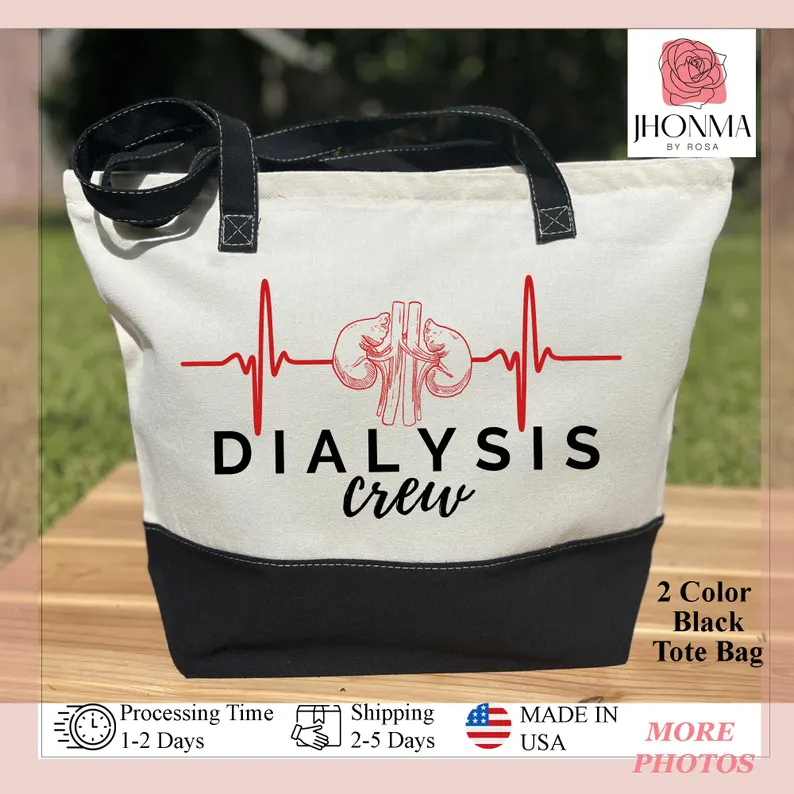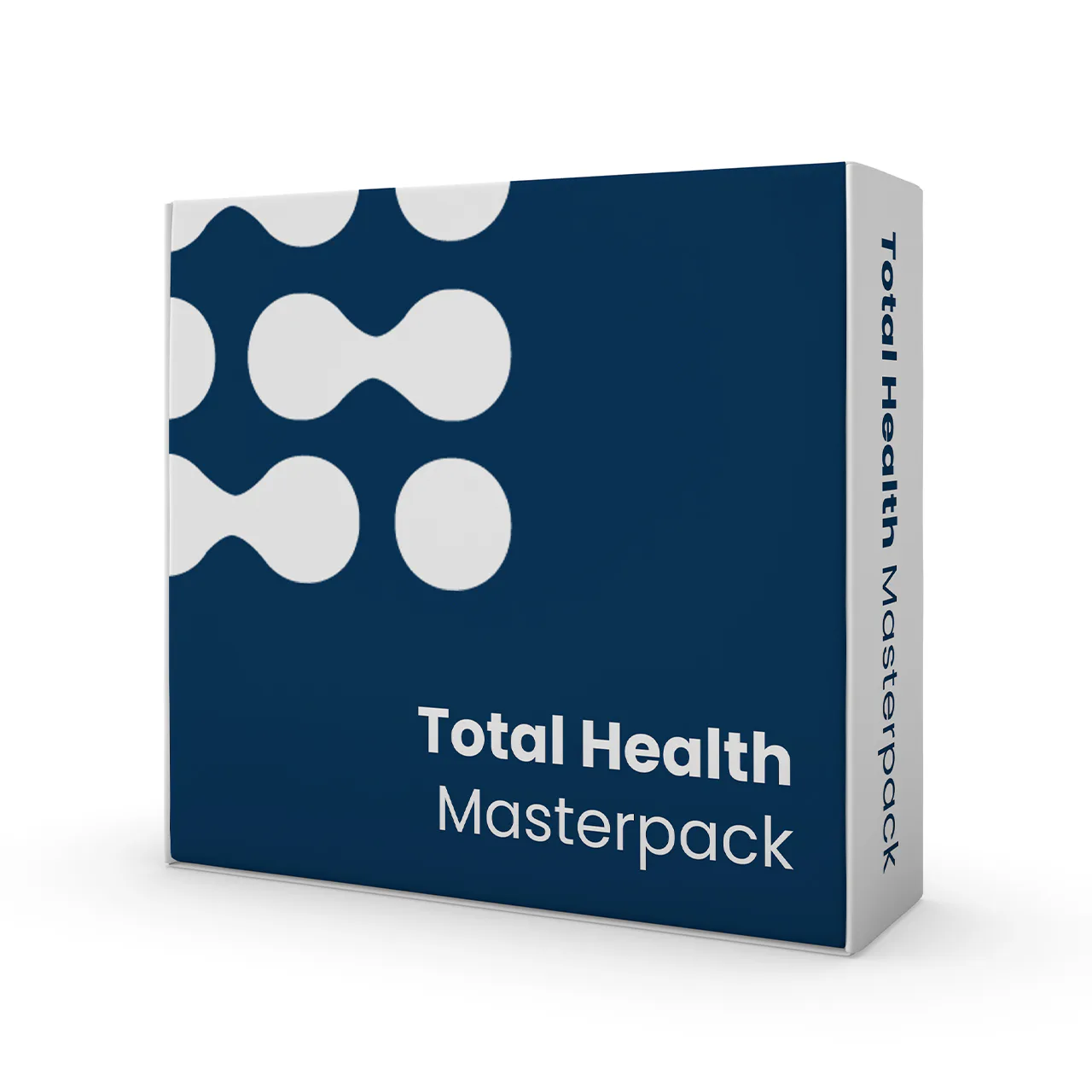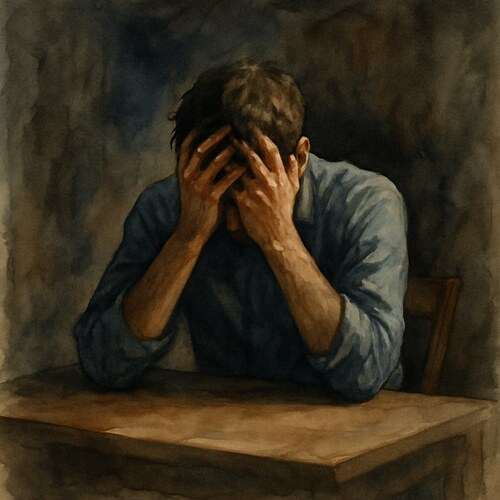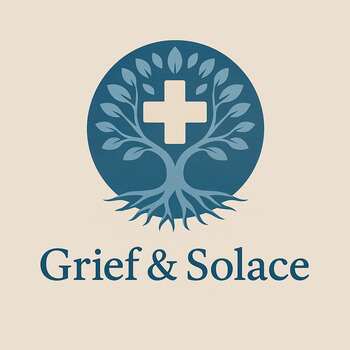Grieving Renal Failure: When the Body’s Lifeline Breaks
Grief tied to renal failure drains slowly, through treatments, transplants, and the haunting knowledge that time is a number ticking down.
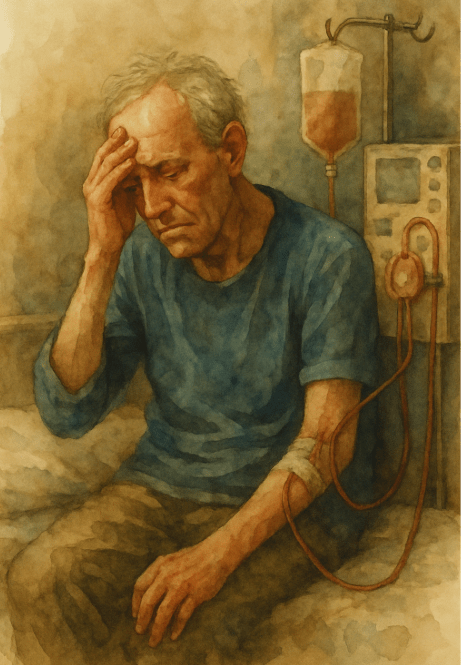
This post blends real grief with grounded knowledge. It isn’t clinical. It isn’t distant. It’s meant to sit beside you—not above you. The story you’ll read is meant to reflect what so many feel when living through or witnessing this condition: confusion, exhaustion, and quiet forms of courage.
If what you read feels familiar, please speak with your doctor. Your pain deserves more than silence.
His Kidneys Failed, but His Hope Lasted Longer Than Anyone Expected
He had always loathed hospitals…
He claimed they reeked of bleach and unfulfilled hopes. He insisted that nobody walked through those doors without leaving a piece of themselves behind. So when the lab results began to stack up—when exhaustion shifted from a mere annoyance to an immobilizing force, he fell into the age-old routine of men like him.
He stayed put. He persevered. He didn’t flinch, even as his ankles ballooned, his skin took on an unsettling hue, and the headaches rolled in like relentless waves.
🧠 Symptoms:
As kidney function declines, symptoms include:
– Nausea, vomiting
– Loss of appetite
– Fatigue, weakness
– Swelling in feet, ankles, or chest
– Changes in urination (frequency and volume)
– Shortness of breath, chest pain
– Itching, muscle cramps
– Concentration issues, sleep problems
– High blood pressure difficult to control
– Metallic taste, mental fog
By the time he finally sought help, his kidneys had already surrendered.
End-stage renal disease. Both kidneys. Non-reversible. They laid out the options as if they were genuine choices: hemodialysis three times a week, peritoneal dialysis if he was brave enough to try it at home, or palliative care if he wished to escape the drawn-out wait.
He opted for the machine.
Every Monday. Wednesday. Friday. Four hours each session. Blood in, blood out, through lines that felt foreign to him.
They assured him it would keep him alive. And it did. Yet they never revealed what living like that truly felt like.
He lost his mornings to preparation, his afternoons to recovery, and his evenings to an overwhelming fatigue.
People called him resilient. Praised his bravery. Admired his fighting spirit.
He despised that word…fight….
Complications:
– Heart disease
– Pulmonary edema
– Dangerous high potassium (hyperkalemia)
– Bone disease and fractures
– Anemia
– Reduced fertility and sexual issues
– Malnutrition, weight loss
– Pericarditis, neurological issues
– Increased infection risk
– Pregnancy risks
– Death without dialysis or transplant
Causes:
Progression from chronic kidney disease due to:
– Diabetes (type 1 & 2)
– Hypertension
– Glomerulonephritis, interstitial nephritis
– Polycystic kidney disease and inherited disorders
– Obstructions like stones or enlarged prostate
– Recurrent infections or reflux
It made it sound like he had a choice, like he hadn’t already buried fragments of himself in every sterile waiting room, every missed birthday, every needle that left a bruise, a silent reminder of his condition.
But he still managed a smile for us. He still cracked jokes in the chair, even as the relentless beeping of the dialysis machine became the soundtrack of his life. He still asked for his favorite dishes, despite knowing he couldn’t enjoy most of them.
That was his act of defiance, remaining present in a body that seemed to distance him from everything else.
He was acutely aware that the numbers weren’t promising. He understood the transplant list was extensive, and that his age and heart condition worked against him.
Yet he never regarded us with regret. Instead, he offered us stillness. A sense of peace emerged from his acceptance of what could not be fought and his choice to love anyway.
And when he finally remarked, “I think I’m done with the machine,” it was not an act of surrender. It felt like a return…to his own rhythm, his own will, his own conclusion.
The machine kept his blood moving. But it was hope…quiet, stubborn, undemanded hope…that kept his soul awake until the very last breath.
Risk Factors:
– Poorly controlled diabetes or hypertension
– Ethnicities such as Black, Hispanic, Asian, Pacific Islander, Native American
– Family history
– Older age
– Smoking
– Use of nephrotoxic medications
– Structural kidney issues
📘 Diagnosis & Treatment
**Diagnosis**
– Blood tests: elevated creatinine, urea
– Urinalysis: protein (albumin) presence
– Imaging: ultrasound, CT, MRI for structure
– Kidney biopsy (to find cause)
– GFR assessment to stage disease:
– Stage 1: ≥90 (normal)
– Stage 2: 60–89 (mild)
– Stage 3a/b: 45–59 / 30–44 (moderate to severe)
– Stage 4: 15–29 (severe)
– Stage 5: <15 (failure)
**Treatment**
*Dialysis:*
– Hemodialysis: blood filtered via machine (clinic or home)
– Peritoneal dialysis: abdominal lining used (home)
– Requires dietary management and routine schedule
*Kidney Transplant:*
– Replacement with a donor kidney
– Lifelong immunosuppressants
– Often the preferred long-term solution
*Supportive Care:*
– For those who decline dialysis or are in palliative phase
– Focus: symptom management, comfort, end-of-life choices
**Lifestyle & Home Management**
– Low-sodium, potassium, and protein diet
– Maintain blood pressure and blood sugar control
– Avoid processed foods and added salt
– Stay active, maintain healthy weight
– Quit smoking, avoid nephrotoxic meds
**Living With It**
Renal failure erodes quietly. One day, fatigue deepens; swelling appears; dialysis becomes a looming presence. It feels like life is split—before and after the machine. Grief manifests in missed meals, drained energy, dependency, and the endless hum of machines. Holidays fade into routines, and outsiders tell you to be grateful—yet inside, you may feel fading away.
But within this quiet struggle lies grit. Routine, connection, resilience—choosing to show up for each treatment, each breath, each new day. Survival isn’t just medical; it’s emotional. Hope transforms—not as progress, but as presence. In the slow, steady rhythm of perseverance, life persists.
I know this is heavy, and I understand that the road ahead may feel like a tangle of loss and unanswered questions. But please hear this: you are not broken because you are hurting; you are not weak because you are afraid. You are living through something real, and survival itself is a kind of grace. You are allowed to struggle, you are allowed to hope, and you are allowed to not have all the answers today. Whatever comes next, you do not face it empty-handed; you carry every moment of love that shaped you, and that will always be enough to keep going.
🎀 Gifts to help With Renal Failure
🏥 Everyday Comforts for Everyday Battles
Managing Renal Failure often means needing a little extra help.
Sometimes it’s about restoring dignity, ease, or simply getting through the day with less pain.
These carefully chosen tools aren’t just items; they’re small bridges back to living.
This section is about finding practical support, never shame.
Dialysis Organizer Tote – Order in the Chaos of Treatment Days
Renal failure turns life into schedules—dialysis, labs, meds, fluid tracking. This medical tote helps organize everything: catheters, binders, paperwork, snacks, and comfort items. Durable, compartmentalized, and easy to carry from home to treatment center. It won’t lighten the burden, but it brings structure to survival.
🌿 Paths to Healing Beyond the Map
Sometimes traditional medicine isn’t enough.
If you’re exploring gentle, alternative options to help with Renal Failure,
you might find comfort in plant-based compounds like **CBD or CBG**.
*This section is not medical advice, just a door left open.*
USA Medical Total Health Master Pack – Gentle Reinforcement Between Treatments
Dialysis takes over for the kidneys—but the rest of the body still suffers. This Total Pack offers CBD, immune regulation, and nervous system calm to support what’s left in the wake of renal decline. It won’t reverse the numbers. But it may help the person behind them endure.
Need a Different Path Forward?
Every journey through grief looks different. Choose the next step that speaks to where you are now:
When You're Ready to Start Healing
Healing doesn’t mean forgetting.
It means finding small ways to carry your grief with strength and grace.
These are the stories, tools, and gentle steps to begin walking forward…at your own pace.
When You're Still in the Thick of It
Sometimes healing feels like a lie.
If you’re not ready to move on…if the pain still roars louder than the world wants to hear…this is the place where you’re allowed to feel it.
No sugarcoating. No pretending. Just truth.
When You're Holding on to Who’s Still Here
Grief reminds us to love louder.
If someone you love is still with you, this is your place to celebrate them, honor them, and create new memories while there’s still time.
Joy and sorrow can live side by side.

